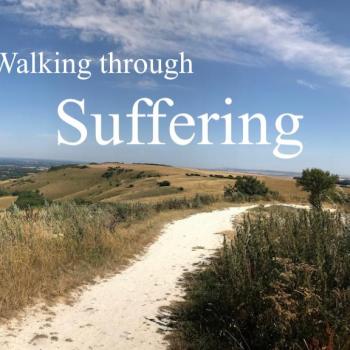I once reviewed an excellent book which demolishes the neoliberal arguments of “0pen theism“|. Although it is not mentioned too often, I understand that these dangerous and heretical ideas are far from dead. I thought I would share the following conclusion from a theological journal article I found on my Logos Bible Software.
The Lord gives life and he takes life. He is God, and this is his prerogative. But, his ways are always righteous. So, his taking of these lives must be seen as fulfilling good purposes to which we may not, at this time and perhaps throughout all of life, be aware. But do we trust his character? Do we know God for who he is? Can we say, with Job, “the Lord gave and the Lord has taken away; may the name of the Lord be praised” (Job 1:21)?
Conclusion
One of open theism’s strongest appeals is its claim to account for tragic human suffering in such a way that God is both blameless and caring. On the surface, this appeal appears strong. Upon examination, however, it is clear that open theism’s counsel is unbiblical, incoherent, and shallow. It is unbiblical insofar as it fails to account for the prevailing biblical vision of the God who reigns over human affairs and who ensures that his purposes are accomplished even through human wickedness and evil.
It is incoherent because it faces the horns of an untenable dilemma. Either God allows suffering he could prevent, in which case moral questions of the blamelessness of God are not avoided as openness advocates propose. Or God stands idly by, unable to prevent great and agonizing human suffering, in which case one is led to despair at the realization that life is under the control of massive amounts of free choice, over which God has no control, and much of which is desperately evil.
And, the counsel of open theism is shallow. Many thoughtful Christians will begin to wonder what hope there is if much of suffering is pointless and if God is unable either to prevent it or bring good from it. Despair and lack of confidence in God will be the legacy of open theism, should it extend its influence in the church. The simple truth is this: the God of the Bible is not the limited, passive, hand-wringing God open theism portrays. He is king, lord, sovereign, wise, good, and perfect in all his ways. The message of the Bible is that suffering has meaning, God is in control over it and all else, and so life can be lived by faith in the infinitely wise and powerful God.
Southern Baptist Theological Seminary, Southern Baptist Journal of Theology, Volume 4:2.74 (Southern Baptist Theological Seminary, 2000), 76.















